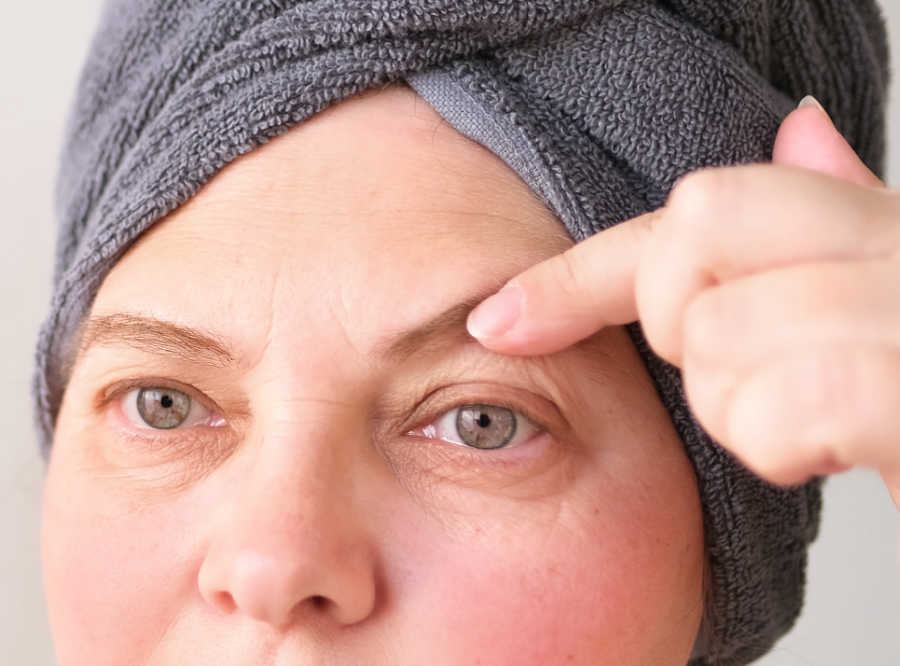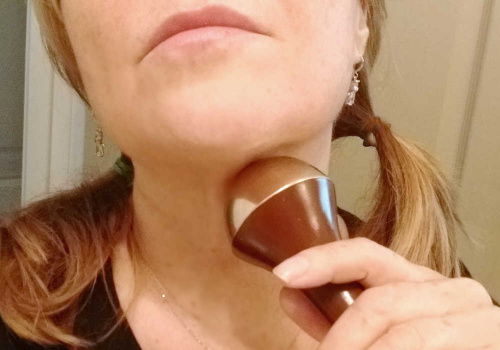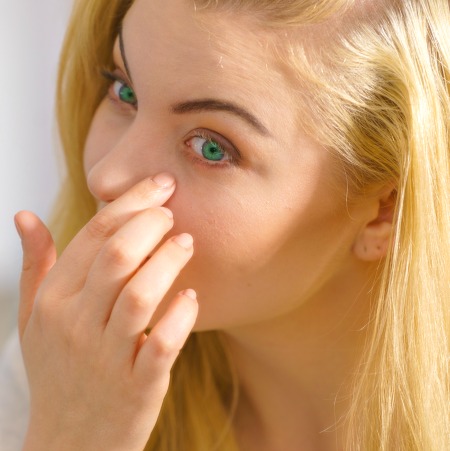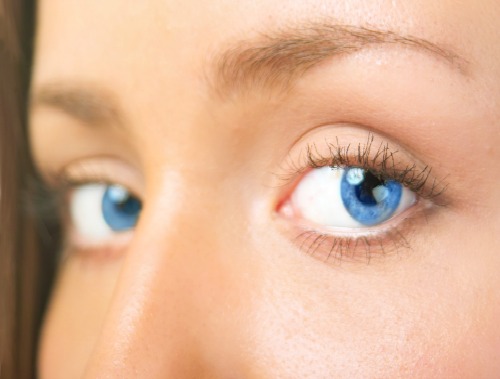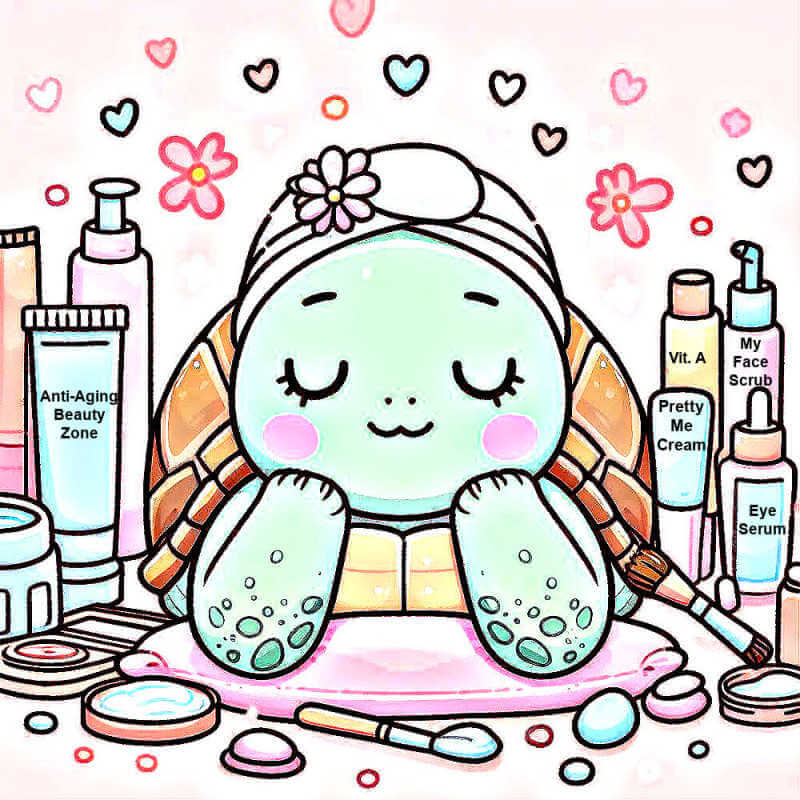- Home
- Anti-aging Beauty Club Back Issues
- Anti-aging-beauty-008
I may earn from qualified Amazon & Affiliate purchases at no cost to you.
Anti-Aging Beauty Club
July 2023
by: Linda Robison / Facial Fitness Specialist @ ABZ
Hello and Welcome!
This month's newsletter focuses on the incredible anti-wrinkle injection known as Botox.
So, what do you know about Botox?
Well, you probably know it's one of the most common nonsurgical cosmetic procedure worldwide.
It's popular among women and men of all ages seeking to enhance their appearance. It's commonly used to address facial lines, wrinkles, crow's feet, and forehead furrows.
But, did you know there are some very common (and simple) mistakes that can age your face?
Keeping reading below to learn more...
10 Benefits of Botox: and 4 mistakes that could age your face
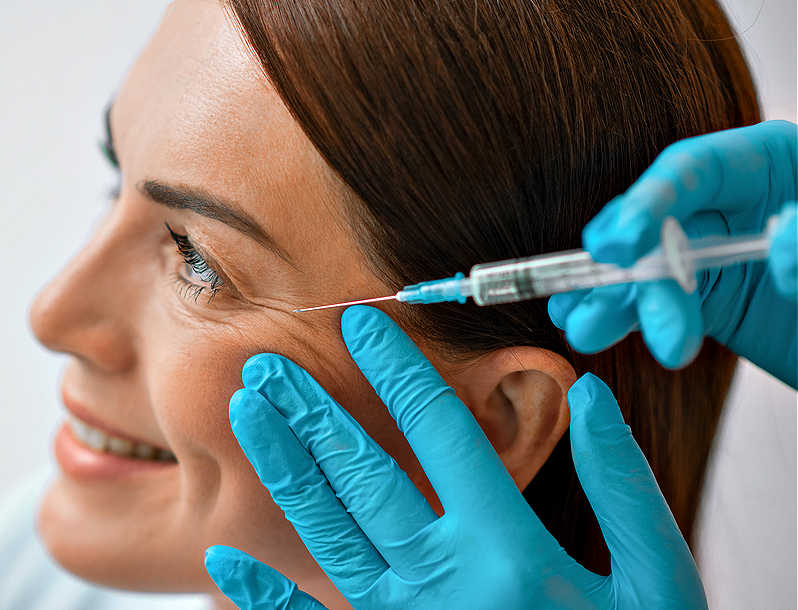
In this month's newsletter, we not only celebrate the amazing benefits of Botox but also shed light on potential mistakes that may age your face and how you can avoid them.
Injections are strategically placed to relax or prevent certain facial muscle contractions, thus reducing the signs of aging and wrinkles.
On the downside, reducing muscle contractions could lead to muscle atrophy if not done correctly.
This could contribute to facial sagging and other issues, depending on your age, facial structure and the amount of Botox used.
Learn of the potential benefits and common mistakes to avoid with Botox.
Why Isn't My Botox Lasting Longer?

So you got your Botox injections and you love your new, refreshed look!
But, within a month or two, the wrinkles and lines are back and seems that your injection has worn off.
Botox injections are not cheap! 😒
And, you're told that your result should last 3-6 months. So what happened?
Keep reading to find out why your Botox didn't last and what you can do to get the best results.
In Anti-Aging News...

The Role of Diet and Skin Aging
Question: Who doesn't love sweets and carbohydrates?
Answer: Your skin!
Yes, we all love our cookies, pasta or soft, chewy white bread. However, they all turn to sugar in the body and this can affect your complexion.
Refined carbohydrates, like bread and pasta, are broken down into glucose (a form of sugar) during digestion.
Studies show that sugar molecules can attach themselves to collagen fibers, which can affect the elasticity of your skin.
This process is called glycation.
Glycation occurs when sugar molecules in the bloodstream bind to proteins, including collagen, forming advanced glycation end products (AGEs).
This process is thought to contribute to the aging and deterioration of skin elasticity.
What can you do? Make some dietary changes.
Try to swap out simple carbohydrates and replace it with healthier alternatives. Even slight changes can not only help your skin, but your overall health as well.
Here are some simple diet change suggestions for healthy skin.
References:
The role of advanced glycation end products in skin aging and age-related diseases: Aging and Disease, 2019
Glycation of collagen: The basis of its central role in the late complications of aging and diabetes: International Journal of Molecular Sciences, 2017
Sugar Sag: Glycation and the Role of Diet in Aging Skin (skintherapyletter.com)
"I may be a senior, but I'm still hot!"
~Betty White
Other Pages You Might Like:
Thank you for joining me! I look forward to seeing you next month!
Until next time,
Questions, comments or suggestions? Please feel free to drop me a line.
About the Author:
Linda Robison is a Facial Fitness Specialist and the founder of Anti-Aging Beauty Zone. She shares expert insights on skincare, facial rejuvenation, and beauty treatments—blending traditional wisdom, personal experience, and science-backed research for both at-home and in-office solutions.
Before you go ....
Please tap on the💙in the bottom right corner if you found this page helpful. Also, Let’s CONNECT! Click the buttons below to follow me on social media.
Thanks so much!
